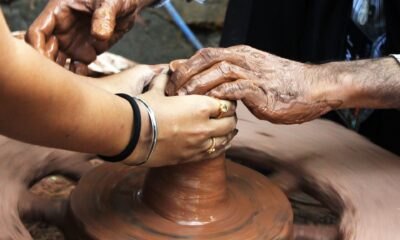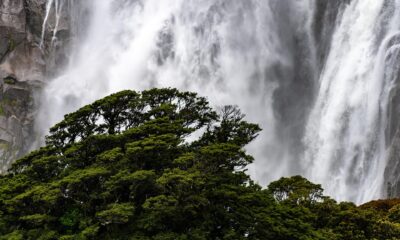Culture
Sacred Spaces: A Tour of Temples, Churches, and Indigenous Shrines in El Salvador
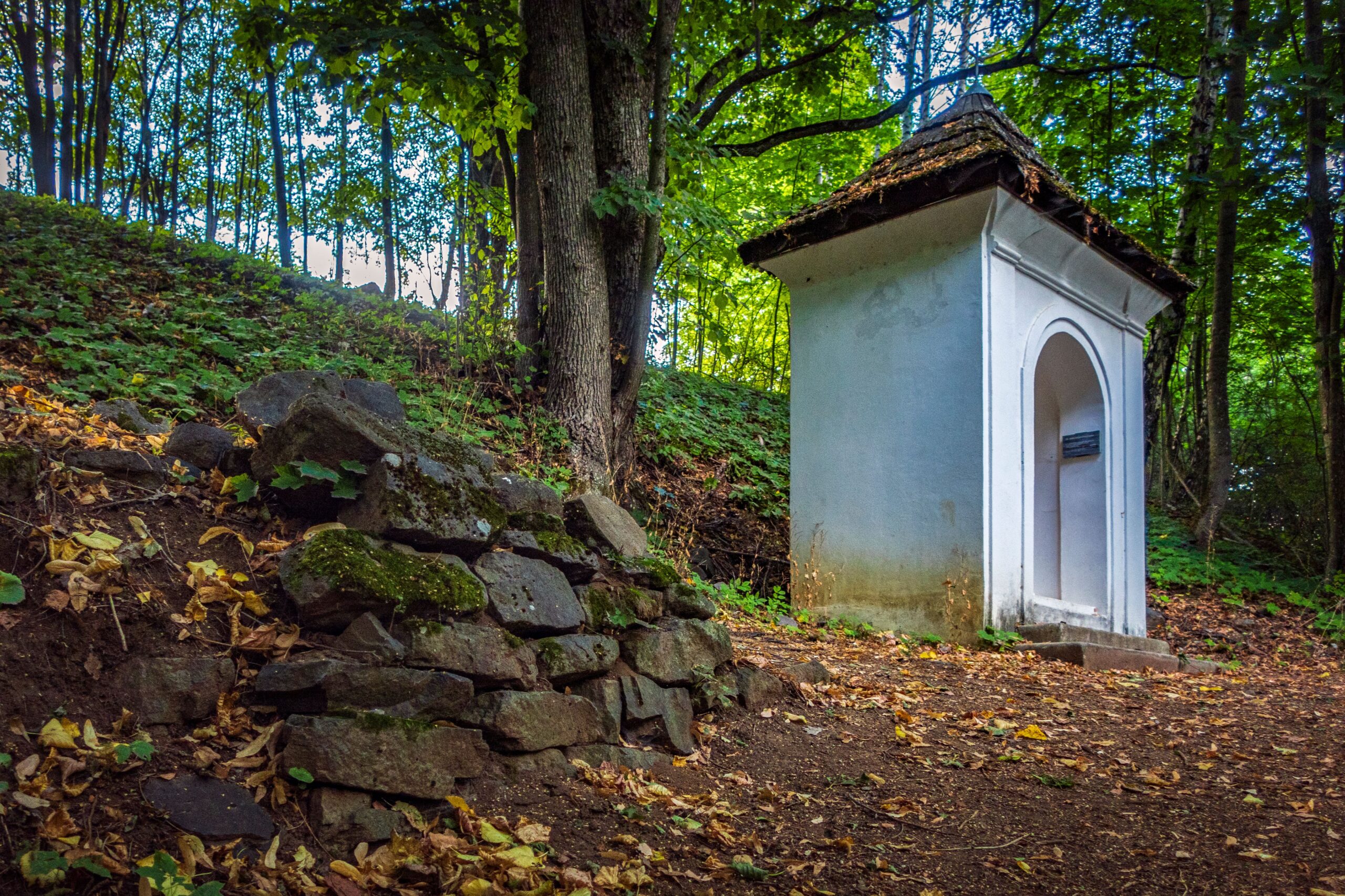
Exploring the Spiritual Soul of the Land
El Salvador is a land of contrasts—volcanoes and oceans, ancient ruins and bustling cities. But woven through its geography is something more subtle, deep, and powerful: its sacred spaces. These are places where faith, tradition, and identity converge. From colonial-era churches to pre-Hispanic ceremonial sites, El Salvador holds a layered spiritual heritage waiting to be uncovered.
This is not just a tour of buildings. It’s a journey into the soul of a country shaped by indigenous beliefs, Spanish Catholicism, and evolving expressions of faith.
Panchimalco: A Living Spiritual Heritage
Just south of San Salvador, the town of Panchimalco feels like a gateway to the past. Its iconic colonial church, Iglesia de la Santa Cruz, built in the 18th century, stands on land where the Indigenous once worshiped. Here, religion is not a static ritual—it’s an evolving fusion. During festivals like the Fiesta de las Flores y Palmas, Catholic iconography is blended with Indigenous offerings, music, and dance.
The spiritual duality of Panchimalco captures the complexity of Salvadorean identity: colonized yet resilient, traditional yet ever-changing.
Cacaopera: Ceremonial Ground of the Ancestors
In the eastern mountains of Morazán lies Cacaopera, one of the few remaining regions where ancient Lenca traditions persist. Though Christian churches exist here, many residents still practice rituals rooted in their ancestors’ cosmology. There are said to be hidden altars in the hills, sacred caves, and rock formations believed to be places of ancestral power.
These aren’t tourist attractions in the conventional sense—they are living ceremonial grounds. With respect and permission from local guides, visitors can gain a rare glimpse into El Salvador’s pre-Columbian spiritual world.
El Rosario Church, San Salvador: Art Meets Faith
From ancient to modern, faith in El Salvador also finds expression in unexpected forms. The Iglesia El Rosario in downtown San Salvador breaks every mold of traditional Catholic architecture. Designed by sculptor Ruben Martinez, this brutalist concrete structure houses an interior filled with radiant stained glass that bathes the pews in light and color.
It’s a testament to spiritual innovation—proof that sacred spaces can be experimental and contemporary while still offering a profound sense of connection.
Tazumal: Temple to the Past
In Chalchuapa, the Tazumal archaeological site is one of the most important Maya ruins in the country. Though often presented as a historical attraction, Tazumal was once a spiritual center. Ceremonies to honor deities, the cycles of the sun, and life transitions were held here.
To walk through Tazumal is to walk on ceremonial ground. Modern Maya descendants still visit these sites for rituals and offerings. The stones may be quiet now, but their legacy still echoes.
Coatepeque Lake: The Spirit in Nature
Not all sacred spaces are built. Some are felt. Lago de Coatepeque, a volcanic crater lake in Santa Ana, has long been revered by Indigenous peoples. Its waters were believed to have healing properties, and legends tell of goddesses living beneath its shimmering surface.
Even today, the lake holds a certain mystery. Visitors often describe feeling an unspoken peace or spiritual clarity when standing along its shores. Sacredness, in El Salvador, tends to reveal itself in nature.
A Land That Remembers
El Salvador’s sacred spaces are more than relics or ruins—they’re living reminders of a people’s capacity to remember, adapt, and carry their beliefs through time. Whether you’re kneeling in a candle-lit church, walking among ruins, or standing in complete silence beside a sacred lake, you are part of that memory.
Take off your shoes, lower your voice, and open your heart—El Salvador has many ways of speaking, and some of its most powerful messages are found in its most sacred places.
Culture
Meet the Artisans of Ilobasco, El Salvador
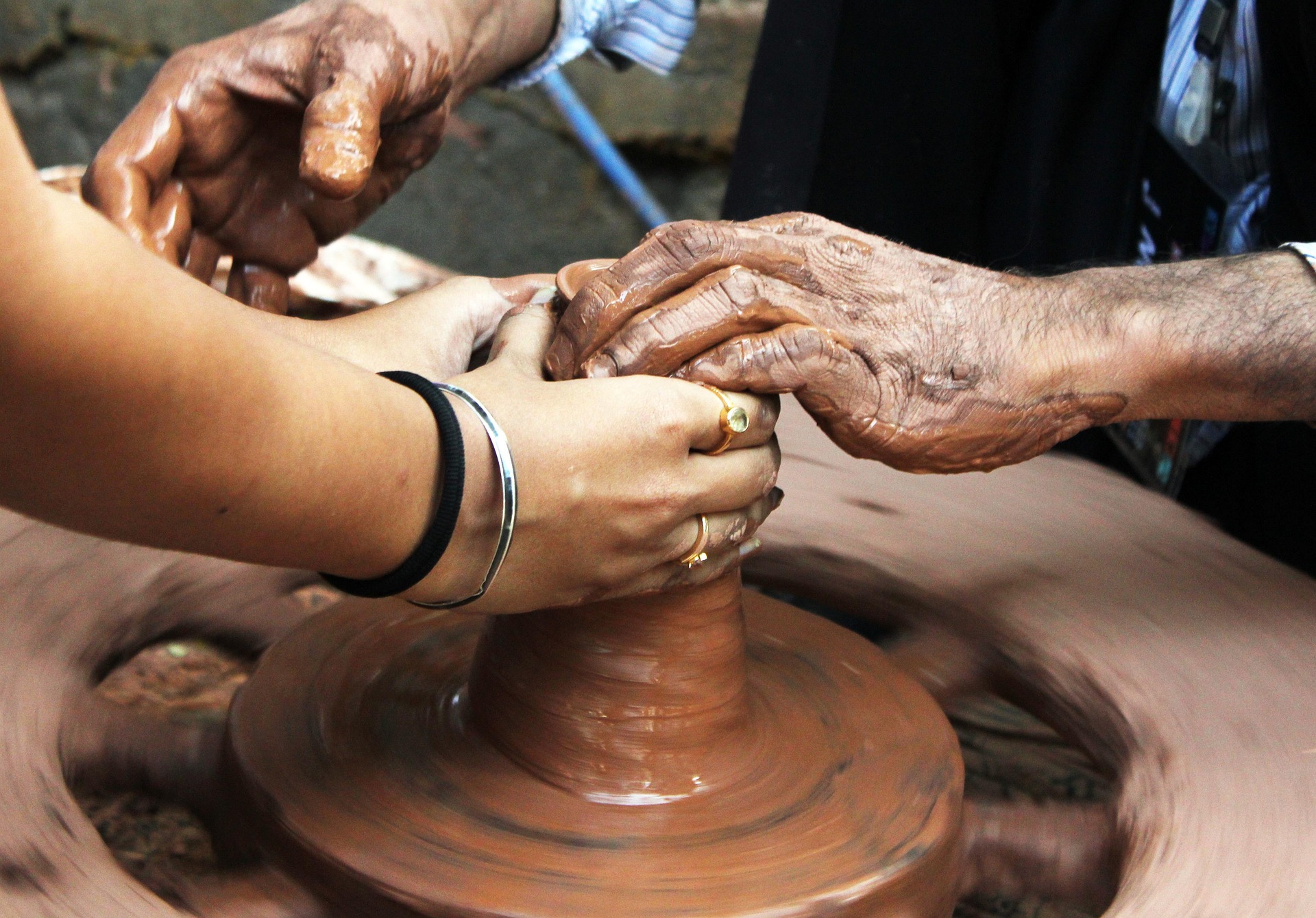
Ilobasco, a modest town brimming with culture and artistic flair, sits just 55 kilometers northeast of San Salvador. Renowned in the region for its intricate clay miniatures, the town is a haven for skilled artisans who meticulously craft tales through pottery, figurines, and the famed “sorpresas.”
The Art of Ilobasco Miniatures
This piece delves into the vibrant artisan community of Ilobasco, delving into the origins of its miniature-making customs and offering guidance on how to explore, back, and immerse yourself in this unique experience.
The Miniature Artistry of Ilobasco’s Artisans focuses on crafting tiny clay sculptures, some as small as a coin. These fragile creations transcend mere mementos, serving as cultural reflections, often depicting everyday Salvadoran scenes: women preparing tortillas, rural farmers caring for livestock, and children frolicking in the streets.
Among these creations, the most cherished is the “sorpresa” (surprise) – a small clay object, such as a fruit, house, or book, that unfolds to unveil an intricate hidden scene within. These fanciful pieces narrate multi-layered stories and are hand-fashioned with meticulous attention to detail.
Spotlight on the Artisans: Introducing the Maestros of Clay
Doña Mercedes Vásquez – The Sorpresa Queen
Doña Mercedes Vásquez, The Sorpresa Maestra, has honed her clay-sculpting skills since childhood. She specializes in crafting miniature surprise scenes that mirror Salvadoran folklore, local humor, and family dynamics. “Each figure narrates a tale. Some are joyous, others tinged with nostalgia. But all spring from the heart,” she shares, surrounded by her grandchildren in her airy workshop, passing down the craft to the younger generation.
The Ayala Brothers
Champions of Faith and Family in Clay, operate a small establishment across town, focusing on religious figures and tailor-made nativity scenes. Despite receiving global orders, the brothers adhere to traditional techniques – employing natural clay, manual tools, and eschewing molds. “Adopting machines would strip the art of its soul,” comments Carlos Ayala.
These artisans not only preserve the heritage but also inspire the upcoming cohort to cherish their roots.
Where to Purchase Authentic Clay Miniatures in Ilobasco
Opting for genuine artisanal products not only guarantees quality but also bolsters the local economy. Here are some accredited venues to explore:
- Tienda de Artesanos de Ilobasco – A cooperative featuring works from multiple artists.
- Casa Taller Mercedes Vásquez – Offering workshop tours and live demonstrations.
- Mercado de Artesanías de Ilobasco – Ideal for perusing and acquiring small tokens.
Insider Tip: Request the artisan to sign the underside of your piece for added authenticity, creating a compelling tale to recount at home.
Planning Your Trip to Ilobasco
A visit to Ilobasco makes for a tranquil yet uplifting day excursion from the capital or nearby towns like Suchitoto.
How to Reach:
- From San Salvador: Approximately 1.5 hours by car or local bus.
Best Time to Visit: December (festive markets) or during July’s patronal festivities.
What to Carry: - Cash (many vendors operate on a cash-only basis)
- A camera or smartphone for snapshots
- Sunscreen and comfortable footwear for walking
The Significance of Ilobasco
Amidst a realm dominated by mass production and rapid tourism, Ilobasco offers a precious gem: an authentic connection. Each clay miniature symbolizes more than decor – it embodies a narrative of Salvadoran existence, molded by hands that preserve the past and envision the future.
Backing these artisans signifies supporting culture, community, and innovation that is irreplaceable.
Culture
Fiestas Patronales in El Salvador: A Vibrant Celebration of Faith, Culture, and Community

Across El Salvador, towns and cities come alive with color, music, and tradition during the Fiestas Patronales—multi-day celebrations held in honor of each community’s patron saint. Rooted in Catholic tradition and enriched by centuries of local culture, these festivities are a captivating blend of religious devotion, joyful parades, vibrant carnivals, and heartfelt community spirit.
What Are Fiestas Patronales?
Fiestas Patronales, or Patron Saint Festivals, are annual events where Salvadoreans celebrate the saint who protects or represents their town. Each municipality has a different patron saint, and the celebration dates vary accordingly—meaning you can experience a Fiesta Patronal nearly every month somewhere in the country.
These celebrations usually last about a week, but some can stretch longer, especially in larger towns or cities. The festivities include religious ceremonies, cultural parades, traditional food, live music, amusement rides, and fireworks. It’s a time when communities unite, families reconnect, and local pride shines brightest.
A Mix of Religion and Culture
At the heart of every Fiesta Patronal is a religious component. The festival typically begins with a solemn Catholic mass and a procession honoring the town’s patron saint. Statues of the saint are often carried through the streets, accompanied by worshippers, church groups, and traditional dancers dressed in colorful attire.
However, while rooted in Catholicism, the Fiestas Patronales are far more than religious observances. It’s a celebration of the Salvadorean identity, where cultural traditions passed down through generations take center stage. From folkloric dances like Los Historiantes and La Danza de los Negritos to the use of masks, fireworks, and indigenous music, the festivals become living expressions of the country’s heritage.
What to Expect During a Fiesta Patronal in El Salvador
If you’re visiting El Salvador, attending a Fiesta Patronal offers a unique, immersive experience. Here’s what you can typically expect:
- Religious Activities: Catholic masses, novenas, and processions are held in honor of the patron saint.
- Parades: Colorful parades fill the streets with floats, costumes, traditional dance troupes, and marching bands.
- Carnivals and Rides: Most towns set up a mini carnival with rides, games, and food stands—perfect for families and children.
- Live Music and Dancing: Local and national artists perform everything from traditional folk music to reggaetón and cumbia.
- Gastronomy: Local food vendors serve fresh hot pupusas, yuca frita, atol de elote, and other beloved Salvadorean dishes.
- Fireworks: No celebration is complete without cohetes (firecrackers) and castillos (towering fireworks displays that light up the night sky).
Famous Fiestas Patronales in El Salvador
Some of the most renowned Fiestas Patronales in El Salvador include:
- San Salvador (August 1–6) – Fiestas Agostinas, honoring the Divine Savior of the World (El Divino Salvador del Mundo), are the largest and most iconic in the country. The highlight is the La Bajada procession, symbolizing the transfiguration of Christ.
- Santa Ana (July 17–26) – Honoring Señora Santa Ana with a mix of solemn religious events and lively cultural festivities.
- San Miguel (Late November) – Known for El Carnaval de San Miguel, one of the most famous street festivals in Central America.
- Suchitoto, Izalco, and Juayúa – Smaller towns with strong indigenous and colonial roots, offering more intimate yet equally rich celebrations.
Why You Should Attend a Fiesta Patronal
For travelers looking to experience the true heart of El Salvador, a Fiesta Patronal is a must. It’s an opportunity to witness how faith, community, and joy unite in an unforgettable celebration. You’ll see firsthand how Salvadoreans honor their roots, welcome visitors, and transform their everyday surroundings into a festival of life.
Tips for Visitors
- Check local calendars: Dates vary by town, so plan ahead.
- Dress appropriately: Comfortable clothing is best for walking and dancing in warm weather.
- Respect religious aspects: While the atmosphere is festive, many events are spiritual.
- Bring cash: Vendors often don’t accept cards.
- Be mindful of crowds: Some events can get very busy—make for a great atmosphere, but plan accordingly.
Conclusion
Whether you’re a tourist exploring El Salvador for the first time or a returning Salvadorean reconnecting with your roots, attending a Fiesta Patronal is an unforgettable way to experience the country’s rich traditions and vibrant community life. These festivals are not just about celebration—they are a powerful reflection of identity, resilience, and joy.
Don’t miss the chance to witness one during your next visit to El Salvador. Let the music, faith, and flavor of a Fiesta Patronal leave you with memories that last a lifetime.
Culture
The Legends of El Salvador: Folklore, Myths, and Mysterious Stories

El Salvador is a country rich in folklore, with legends passed down through generations that blend indigenous beliefs, colonial influences, and supernatural tales. These stories have shaped Salvadorean culture and continue to be told across towns and villages, often as warnings, moral lessons, or simply to entertain. Here are some of the most well-known and mysterious legends of El Salvador.
La Siguanaba: The Cursed Woman
One of the most terrifying figures in Salvadorean folklore, La Siguanaba, is said to be a beautiful woman who lures men into the wilderness at night. However, once they approach her, she reveals her true form—a hideous, skeletal face that drives them mad with fear.
According to legend, she was once a woman named Sihuehuet, cursed by the gods for her infidelity and mistreatment of her child. Doomed to wander near rivers and lonely roads, she targets unfaithful men, serving as both a ghostly presence and a cautionary tale.
El Cadejo: The Guardian and the Evil Spirit
The legend of El Cadejo tells of two supernatural dogs—one white and one black—that appear at night. The white Cadejo is believed to be a protector, guiding lost travelers and keeping them safe from harm. The black Cadejo, on the other hand, is a demonic creature that preys on drunkards and those who roam alone in the dark.
Many Salvadoreans claim to have seen these spectral dogs, particularly in rural areas where nighttime journeys can be dangerous. The black Cadejo is said to bring misfortune or even death, while the white Cadejo offers comfort and protection to the innocent.
El Cipitío: The Mischievous Spirit
El Cipitío is one of the most well-loved figures in Salvadorean folklore. He is described as a small child with a large belly, always wearing a big straw hat and laughing in a high-pitched voice. He is the son of La Siguanaba and was cursed to remain a child forever as punishment for his mother’s sins.
El Cipitío is known for playing pranks on people, particularly young women. He throws pebbles at them, appears suddenly in unexpected places, and laughs mischievously. Some believe he falls in love with women and follows them in secret, but he is mostly considered a harmless trickster rather than a malevolent spirit.
La Llorona: The Weeping Woman
A tragic and chilling tale, La Llorona is a ghostly woman who wanders near rivers and lakes, crying out for her lost children. According to legend, she was once a mother who drowned her children in a moment of despair and was condemned to search for them in the afterlife.
Her eerie wails are said to be a warning of death or misfortune. Many Salvadoreans claim to have heard her cries late at night, especially near bodies of water. While versions of this legend exist across Latin America, in El Salvador, La Llorona is often linked to specific rivers and lagoons where people have mysteriously disappeared.
El Sombrerón: The Man with the Big Hat
El Sombrerón is a mysterious, supernatural being who wears a wide-brimmed hat and is known for charming young women, especially those with long hair and beautiful eyes. He serenades them at night, but his presence brings misfortune. Women under his spell become sleepless, restless, and lose their appetite, eventually falling into despair.
To protect themselves, families often cut the victim’s hair and pray for protection. Some say El Sombrerón rides a black horse and vanishes into the shadows before anyone can catch him.
El Tabudo: The Cursed Fisherman
A lesser-known but chilling legend, El Tabudo is a ghostly fisherman who appears along the coast of El Salvador, particularly in La Libertad. He is said to be a man who defied the sea gods and was cursed to wander forever. Fishermen who see him are warned not to accept his help, as he brings storms and bad luck.
Many believe that El Tabudo is responsible for mysterious disappearances at sea, and some coastal towns still tell stories of boats lost in strange circumstances after an encounter with a silent, bearded fisherman.
Final Thoughts
These legends continue to be an important part of Salvadorean culture, blending history, mystery, and tradition. Whether serving as warnings, explanations for the unknown, or simply stories to scare children into behaving, they reflect the deep connection between the people of El Salvador and the supernatural.
If you ever visit El Salvador, keep an ear out for whispers in the wind, shadows in the moonlight, or distant cries near the river—you never know when one of these legends might come to life.
-
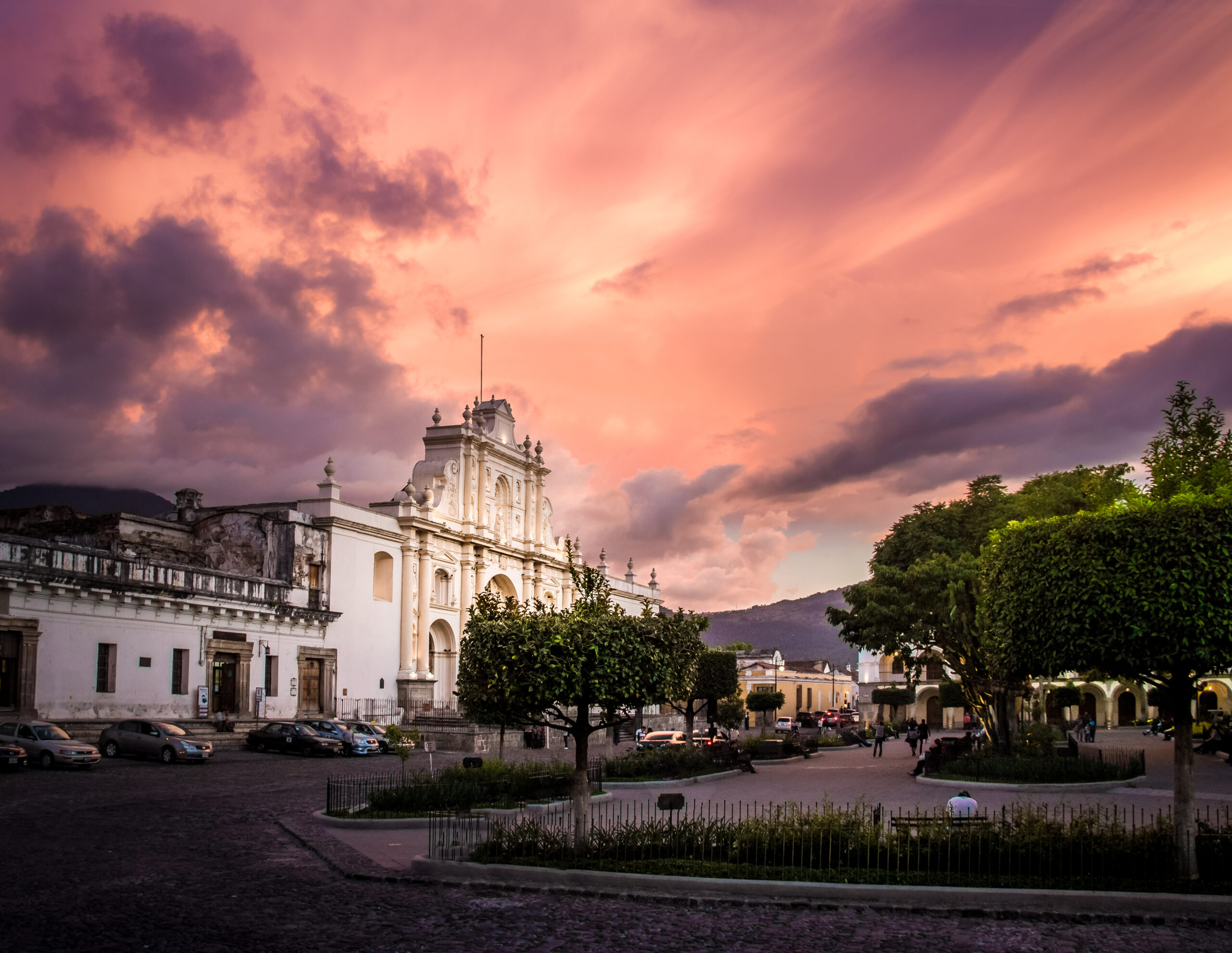
 Travel4 months ago
Travel4 months agoIs El Salvador Safe to Visit? What Travelers Need to Know
-
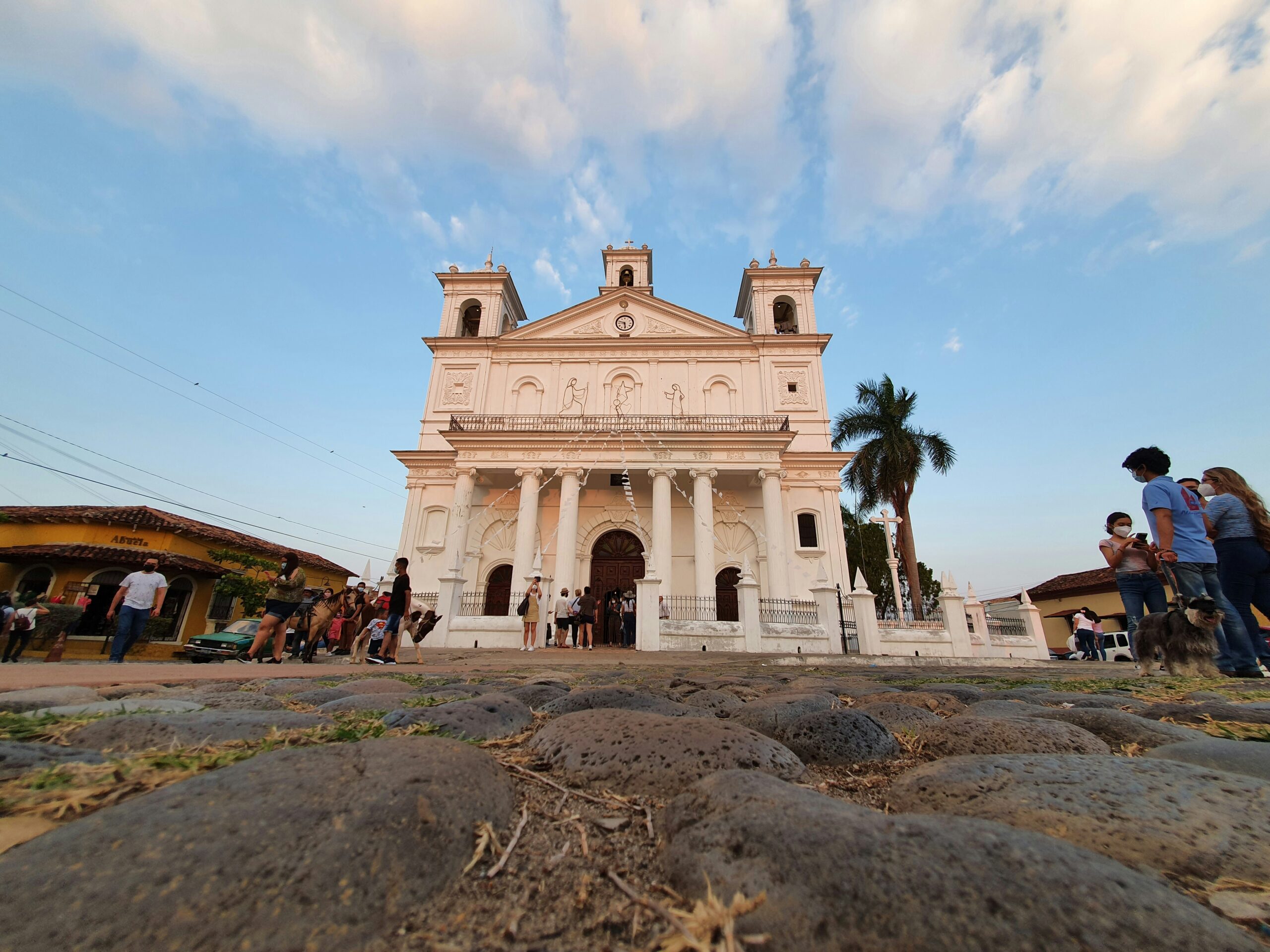
 Local Recommendations5 months ago
Local Recommendations5 months ago2 Days in Suchitoto: The Perfect Escape to El Salvador’s Cultural Gem
-
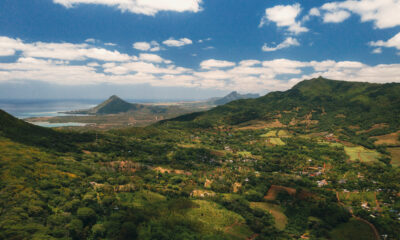
 Travel4 months ago
Travel4 months agoBest National Parks in El Salvador: Where to Experience Nature at Its Finest
-
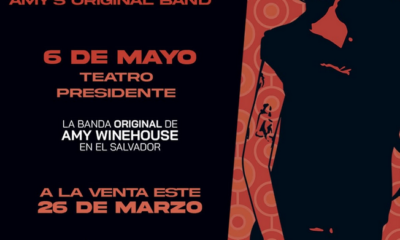
 Entertainment4 months ago
Entertainment4 months agoThe Amy Winehouse Band to Perform Live in El Salvador – A Tribute to a Musical Legend
-
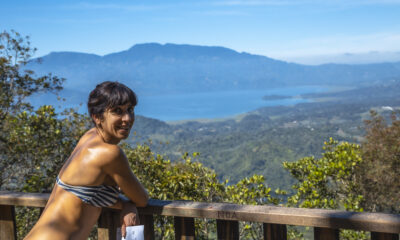
 Destinations4 months ago
Destinations4 months agoVisit Laguna de Alegría: The Emerald of El Salvador
-
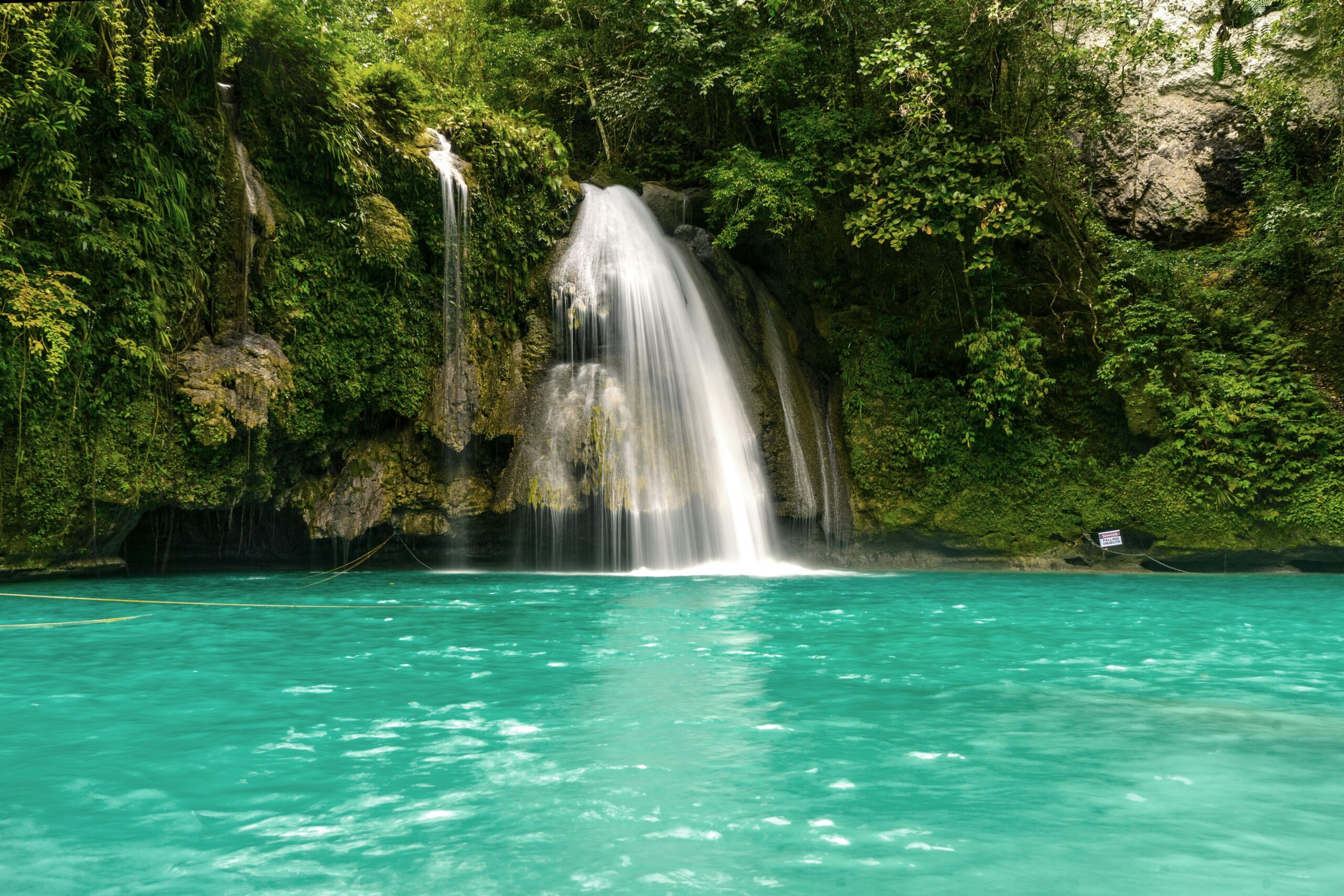
 Local Recommendations5 months ago
Local Recommendations5 months agoTamanique Waterfalls: A Hidden Natural Gem Near La Libertad, El Salvador
-
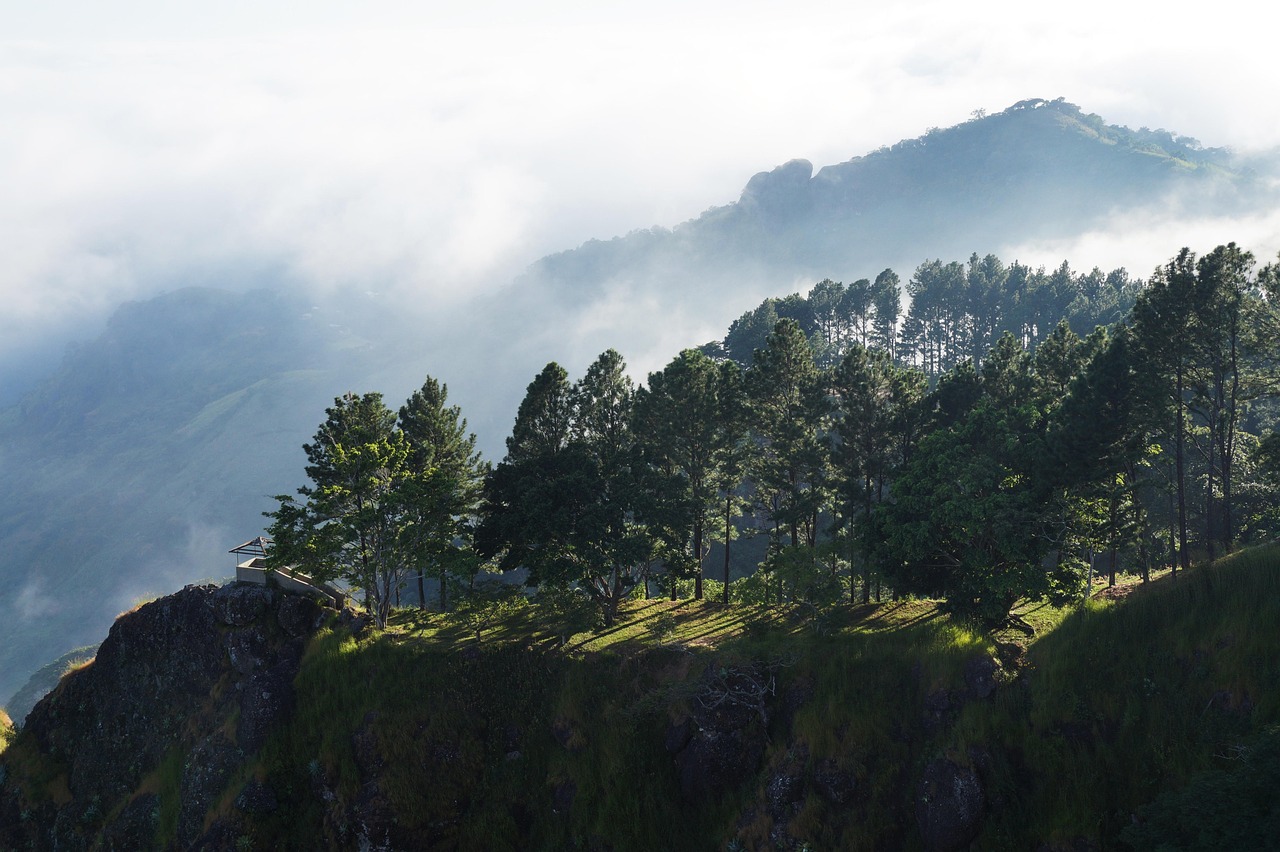
 Local Recommendations5 months ago
Local Recommendations5 months agoEl Boquerón National Park: Exploring the Majestic Crater of San Salvador Volcano
-
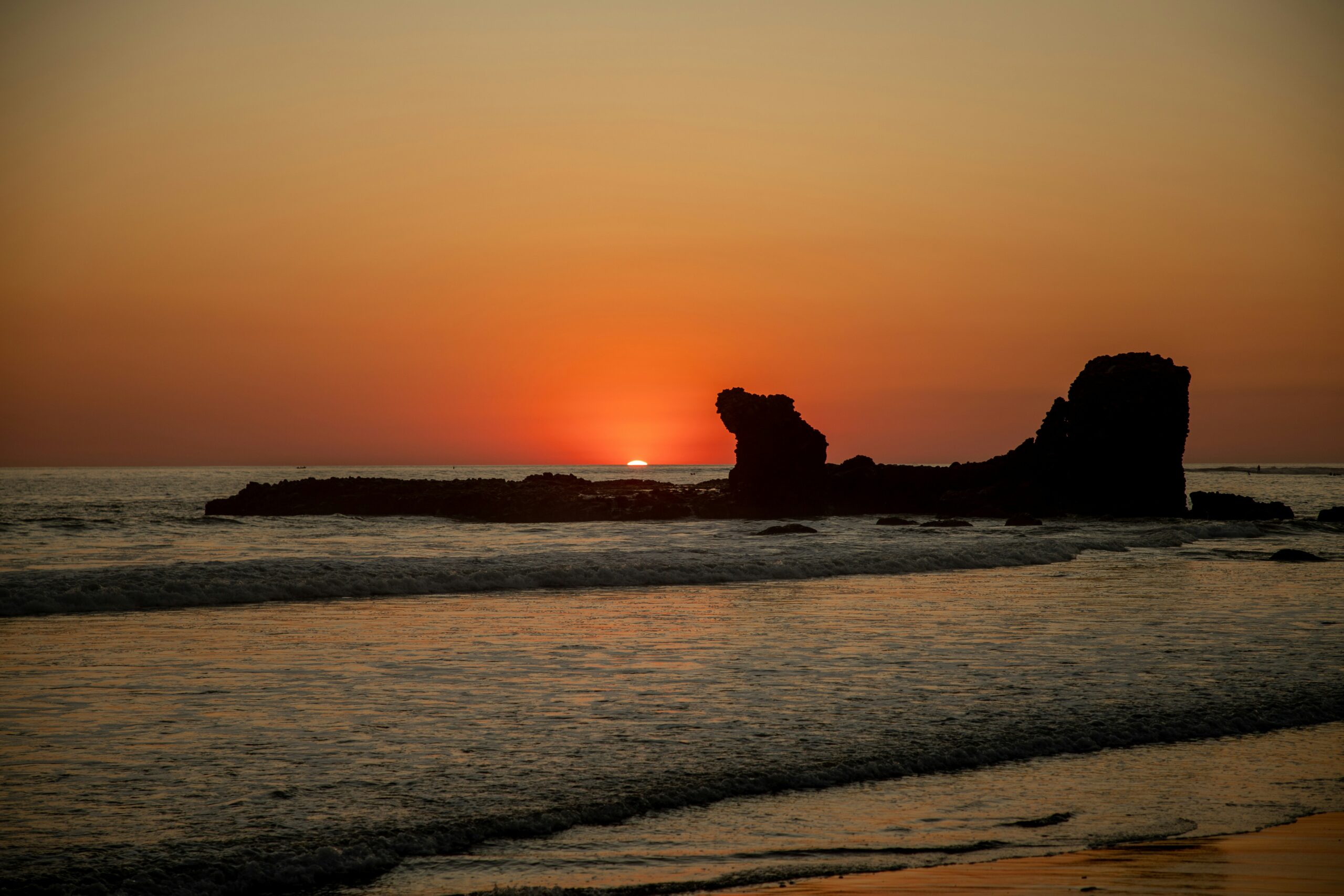
 Local Recommendations5 months ago
Local Recommendations5 months agoEl Tunco: The Surfing Mecca of El Salvador


